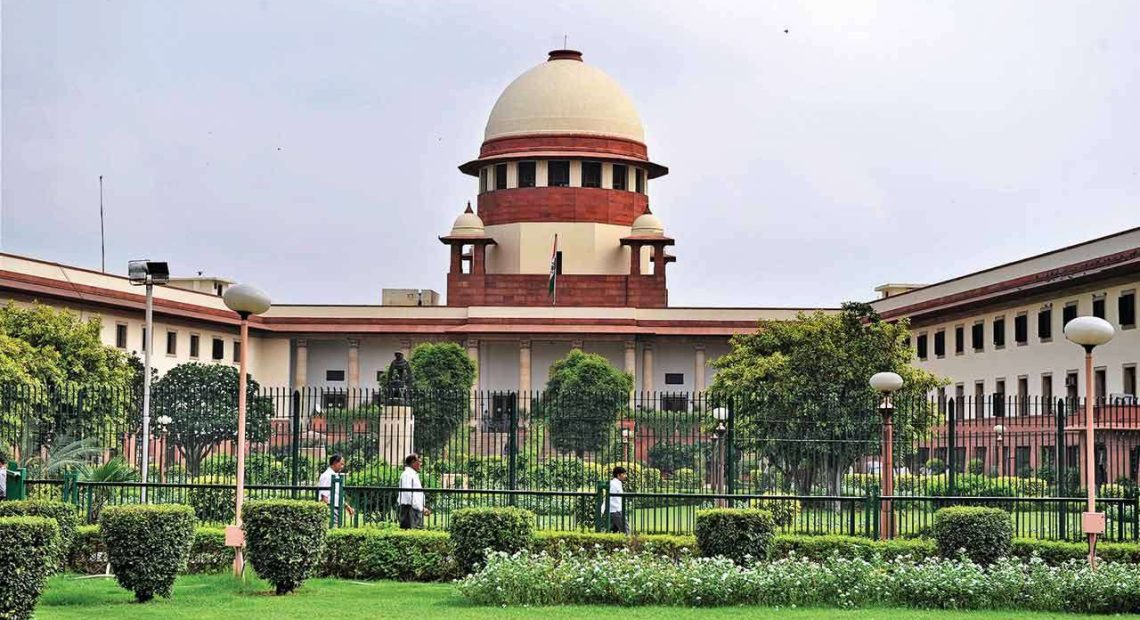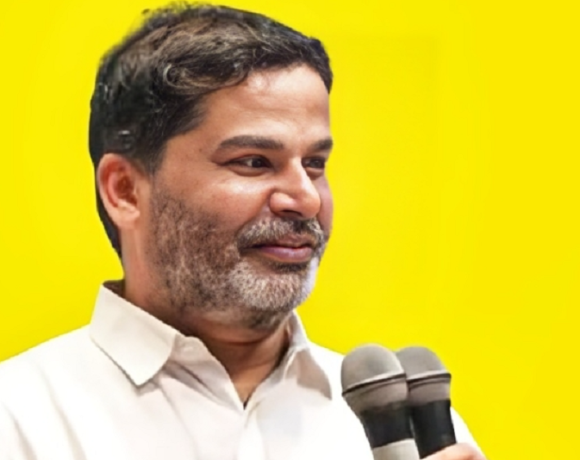
Supreme Court Rebukes TN Over ADGP’s Suspension and Arrest Order
The Supreme Court of India has sharply rebuked both the Madras High Court and the Tamil Nadu government over their handling of the arrest and suspension of senior police officer Additional Director General of Police H.M. Jayaram, describing the sequence of actions as “shocking” and “demoralising”.
Jayaram, a 1996-batch IPS officer with nearly three decades of service, is at the center of a kidnapping probe involving the alleged abduction of a 16-year-old boy. The incident reportedly relates to attempts at separating an inter-caste couple, where Jayaram’s official vehicle is accused of being used by the abducting party.
Earlier this week, the Madras High Court issued an arrest directive, sparking surprise and controversy. The Supreme Court bench, led by Justices Ujjal Bhuyan and Manmohan, expressed grave concern over this move, questioning the legality and appropriateness of arresting a senior officer via a High Court order during the hearing of an anticipatory bail petition.
HC Arrest Order
The apex court termed the high court’s order “shocking” and highlighted the lack of due process, noting that Jayaram had not yet been formally charged when the arrest was mandated. In strongly worded remarks, the justices emphasized that such interventions, especially against a senior public servant, undermine judicial norms and morale.
ADGP Suspension
Further raising eyebrows, the Supreme Court questioned the state government’s decision to suspend Jayaram immediately after his brief detention—even though he had joined the investigation voluntarily and was released within 24 hours. Justice Bhuyan asked, “If he is cooperating with the probe, why suspend him?” Justice Manmohan added that the suspension of an officer with 28 years of dedicated service was “very demoralising.”
The Court directed the Tamil Nadu government to provide an updated stance on whether the suspension should be withdrawn, scheduling the case for further proceedings.
Kidnapping Allegations
According to the allegations, a politically-connected group, allegedly including an MLA and a former police inspector, abducted the boy in connection with a family dispute over his sibling’s inter-caste marriage. When questioned, the Tamil Nadu government defended its actions, stating that Jayaram was not formally arrested but attended the investigation of his own accord.
Broader Implications
Legal experts note that the Supreme Court’s intervention exemplifies the delicate balance between administrative action and judicial discretion. The top court appeared determined to protect constitutional safeguards, emphasising proper procedure, even in high-pressure public interest cases.
As the matter returns to court, attention is now focused on whether Jayaram’s suspension will be revoked and how authorities will justify both the arrest directive and related punitive measures. The unfolding developments may set a precedent for how similar cases involving senior officials are handled in the future.
The case continues to unfold, with the next hearing scheduled for Thursday, and all eyes on whether the Tamil Nadu government will backtrack on Jayaram’s suspension.


















